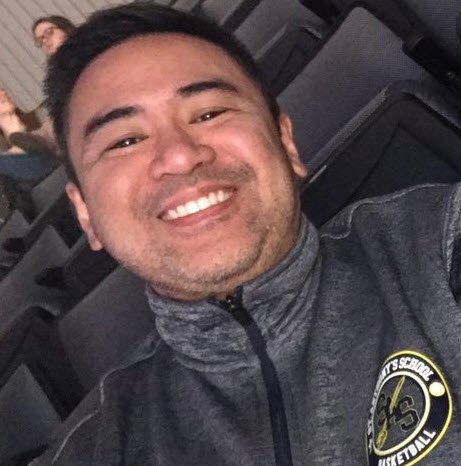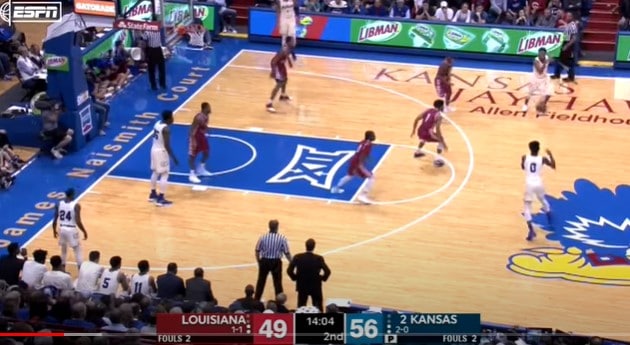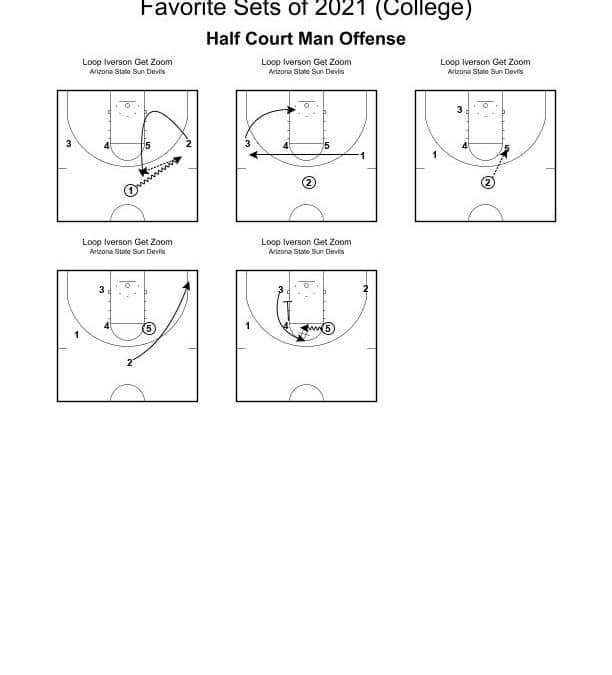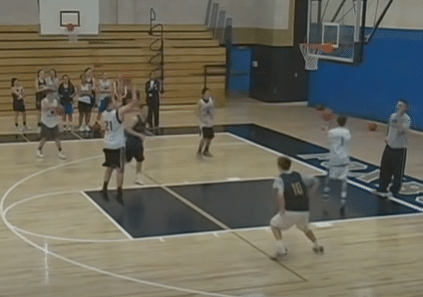The Coaching Challenge
By Russell Raypon
I love my drive to work in the morning. In fact, I love my trip from work to home, home to the gym, and my nightly late drive home after practice. Although brief, it is my solitary time, uninterrupted personal time which I often use to think about my role as coach and process the job I’m doing. As a professional, coach, husband, and father, it is often difficult to find a time that is solely my own, so it is important I make time which allows me to reflect and process. I see that it is quiet, peaceful, and all-consuming. I want you to look at this coaching challenge.
Whether it is your morning drive or a few moments you take before you go to bed, or stealing some time at dawn before the day starts, it is a helpful and beneficial habit to set aside time each day to self-reflect and process your effectiveness as a coach in relationship to your team. This provides you valuable information which can inform your planning for practice and games. Reflection time is essential to a cycle of continuous improvement and growth that allows us as coaches to improve and be more effective in supporting and leading our teams to meet their goals.
An impactful daily reflection for coaches as it pertains to our players usually involves challenging the following;
Challenge your Perceptions: Is what I see at practice happening, or is it colored by a personal filter, on whether or not I like individual players or I came to practice in an off mood? I am overreacting and exaggerating, or am I under-reacting? Am I objective?
Challenge your Beliefs: Is what I believe about the game and how to lead and motivate players useful for the players I have? Is what I think good for kids or is it right for me? Does it match the modern player or my perception of a the-the current player or what a good player should be?
Challenge your Decisions: Are the choices I am making in practice structure, personnel, teaching methods, or emphasis on skills and concepts appropriate for the players I have and the team I coach? Have I thought out my decisions based on my vision, philosophy, plan, short-term and long-term goals?
Challenge your Actions: Are my actions genuinely reflective of my beliefs and decisions, or do they contradict? What am I basing my actions on? Is it convenience or is there a rational decision driving what I do with the team?
Challenge your Results: At the end of the day, are my perceptions, beliefs, decisions, and actions getting me the results I am intending? Is my data sound and does it lead to reasonable conclusions? If so, how do I build on those results to reach my team’s goals?
Throughout this coaching challenge, coaches need to make determinations about what is working and what needs to be adjusted so that the players and the team meet their potential. Do I need to change my frame of reference so that my perceptions match what is being observed? Do I need to adjust my beliefs about the game, my players, or coaching methods to reach my players better? Do I need to make different choices so that I put players in a better position to be successful? Are my conscious and subconscious actions genuine and support the learning and growth of my team and players?
It would be easy to mistake self-reflection for self-doubt or tentativeness during this coaching challenge. However, it is the confident and thoughtful coach who can look at him or herself objectively and test what they know and how they do things. That is the only way we grow, by using the feedback of our experiences to inform what we will do the next time we face a similar situation. However the method we challenge ourselves in self-reflection, we should always be aiming to make sure all of our thoughts, words, actions, habits, and beliefs are aligned and directed towards building strong and resilient players.





0 Comments